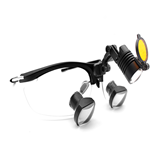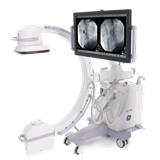An article in the latest issue of the ANZ Journal of Surgery states a recent study at Griffith University has found that only around 20 per cent of medical students were interested in a surgical career.
The report only compounds the warnings by the Royal Australasian College of Surgeons in its 2011 paper, "Surgical Workforce Projection" that noted surgeon numbers would need to grow drastically to meet the demands of an ageing population, particularly as the surgeon population was also ageing.
In order to assess career choices, Griffith University medical students from first year to fourth year were asked to what extent 'academic interest', 'length of training time', 'hours of work', 'lifestyle', 'career opportunities', 'ability to help people' and 'role models' were important in selecting a career.
Students interested in a career in surgery rated 'academic' and 'career opportunities' higher than the perhaps daunting stereotypes of 'surgical training' and 'work hours', and were motivated to undertake a medical degree primarily to help others.
The need for surgical content in medical school curriculum
Phil Truskett, Chair of the Board of Surgical Education and Training at the College, said with the movement towards postgraduate medical degrees, structured surgical teaching is sure to miss out.
"Students with a surgical interest are banding together and approaching the College and specialty societies to support them," Truskett said.
"It is a clear call for the surgical community to be advocates for surgical content in medical school curriculum."
Surgeons have bemoaned the lack of surgical skill exposure and the absence of anatomy teaching in medical degrees in recent years to the point where some have led the reintroduction of courses with the help of pro-bono surgical Trainees and Surgeons (Anatomy success for medical students, June 2012).
The study also reaffirmed the importance of mentors with 31 per cent of those students interested in surgery having a surgical mentor influencing their career choices.










%20(1)-160x160-state_article-rel-cat.png)







